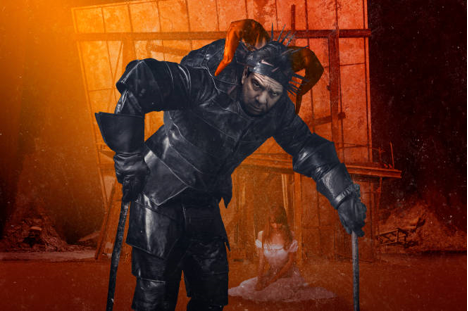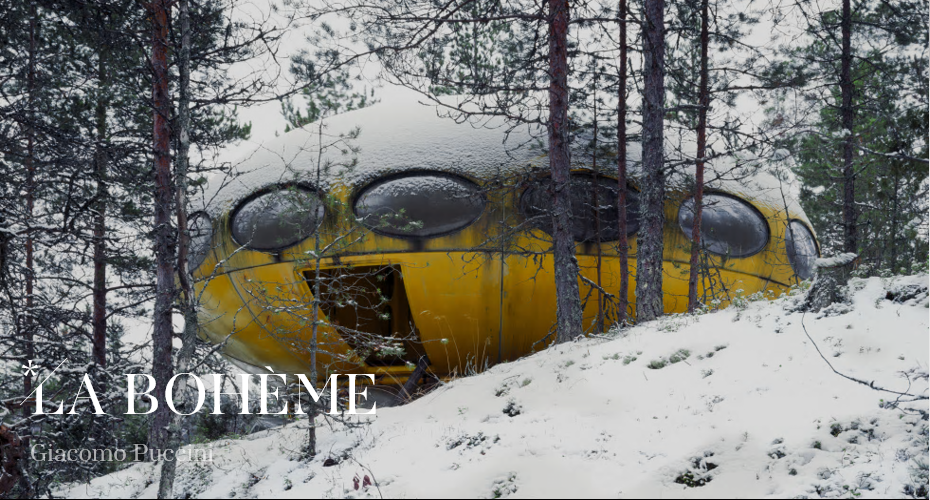Rigoletto at the Royal Opera House
Image taken from the Royal Opera House website
If the French had anything to do with it, Rigoletto would never have been performed. Based on Victor Hugo’s play ‘Le roi s’amuse’, where Verdi described the subject matter of the play as ‘immense’, it was highly controversial as it depicted the King of France as an immoral and cynical womaniser. As a result, the opera had to undergo many changes before the censors allowed it to be performed, opening at La Fenice in Venice in 1851. Even though the King of France was deleted from the opera – he was converted to the Duke of Mantua – the opera was banned in France and not performed there until 1882.
The controversy continues to this day with the Director, David McVicar’s, production. By the time the curtains opened to the first act orgy scene, a couple in the front row – mother and son – got up and left, never to return. The son’s faint voice could be heard saying ‘but it looked fun’. This had no effect on his mother, who primly acted as his moral guardian!
The production is 16 years old and the orgy scene more intense and vigorous than ever. Whilst in 2001 the orgy and particularly the depiction of Count Monterone’s daughter’s rape, was on the cusp of acceptability, I fear that today it is not and therefore this dark and somewhat dismal production might be at the end of its useful life.
Musically it was on a high plane, however. The evening was controlled by the English Conductor, Alexander Joel, who gave a careful subtle reading of the score. It was noticeable that the singers sought him out for their entry points and this control enabled the evening to go smoothly and at a good pace.
The principals were of a high calibre, led by the Rigoletto of the Greek, Dimitri Platanias. His baritone voice is substantial and whilst he might lack overall subtlety, he makes up for it by a performance of aggression and brutality, only softening in his excellent Act 2 duet with his daughter, Gilda. He walks around stage with walking sticks on each arm, never leaving his characterisation of the role.
The new Gilda was the British soprano, Lucy Crowe, who sings the Countess Almaviva in March at ENO. She might not be the typical light high voiced Gilda, but she has a depth and quality soprano sound of outstanding projection. Her delicious lyric tone still manages to produce a top E at the end of Act 2, albeit the sound was thin.
She had of course fallen in love with the dastardly Duke of Mantua, sung by the American, Michael Fabiano, who’s huge voice had two levels – loud and louder! He has an incredible vocal instrument, but the lack of subtlety is at times tiring and occasionally rather coarse.
Perhaps the surprise voice of the evening was the Sparafucile of the young Italian bass, Andrea Mastroni, who has a substantial bass voice with a wonderful deep velvety sound – a little like a Baileys Cream at supper.
Nadia Krasteva was a full-on Maddalena and it was good to see three members of the Jette Parker Young Artists perform during the evening, namely Jacquelyn Stucker, Dominic Sedgwick and Simon Shibambu.
Rigoletto never hides his disdain for the Duke and his outrageous behaviour, and recognises at the same time his own shortcomings. ‘I mock, he kills’ he says. Today neither is acceptable and if nothing else this opera gives us a wakeup call as to the behavioural stereotypes, which are today so improper.
David Buchler







